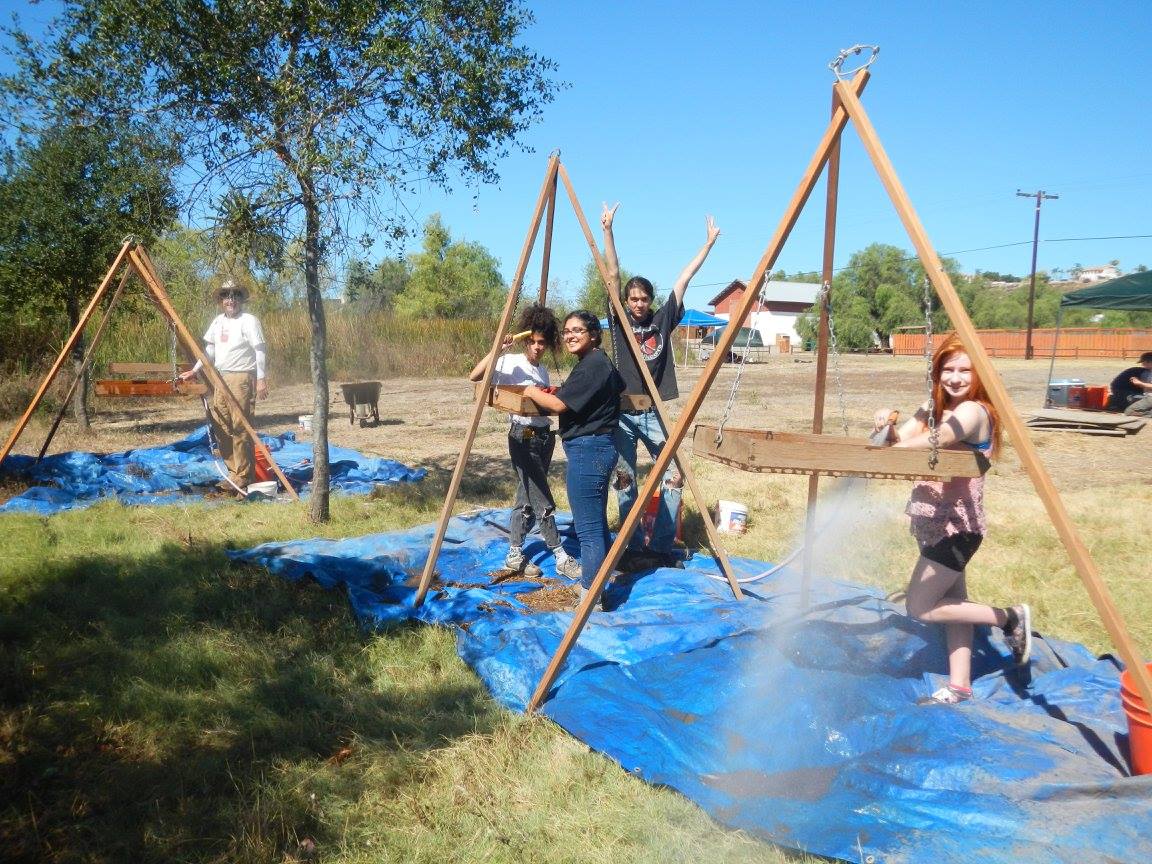Cultural anthropology, a richly textured branch of anthropology, delves into the intricate tapestry of human societies and the myriad cultures that compose our world. It represents an academic discipline grounded in the examination of social customs, beliefs, rituals, and the various structures that facilitate human interaction. Cultural anthropologists immerse themselves in the field, often employing participant observation to glean an authentic understanding of the lives they study. This endeavor unveils the fascinating complexities inherent in cultural practices, offering insights that transcend conventional wisdom.
At its core, cultural anthropology grapples with a fundamental and poignant observation: humans are inherently social creatures, bound by the myriad threads of culture that shape their identities and experiences. This observation is deceptively simple, yet conceals profound implications. The profound interconnectedness of cultural practices—belief systems, language, art, and traditions—serves to both unite and differentiate human populations. For instance, consider the custom of communal feasting; in many cultures, sharing food can symbolize solidarity and community, while in others, it may signify social stratification and hierarchy.
The interplay between cultural practices and identity formation facilitates an intriguing exploration of why certain phenomena resonate so deeply among anthropologists. Fascination often arises from the juxtaposition of the familiar with the arcane. Researchers find intrigue in the ostensibly mundane rituals that, upon closer inspection, reverberate with significance. These practices range from the rites of passage that signify maturation to the intricate rules governing social hierarchy. Each tradition encapsulates the values and priorities of a society, thus providing a window into collective human psyche.
Another salient feature of cultural anthropology is its commitment to understanding cultural relativism. This principle posits that one must approach a culture on its own terms, free from ethnocentric biases. This ideological stance invites the investigator to engage with cultural norms that may, at first glance, seem perplexing or even objectionable. For example, the practice of arranged marriages might provoke debates about autonomy and personal choice in cultures where such arrangements are normative. Through an anthropological lens, these customs can be seen as strategic adaptations to particular socio-economic and environmental contexts, reflecting broader values of community and familial cohesion.
The rich construct of cultural identity also poses pressing questions regarding globalization and cultural homogenization. As the world becomes increasingly interconnected, the exchange of ideas, goods, and technologies can lead to the dilution of unique cultural attributes. Cultural anthropologists are tasked with the challenge of documenting how local communities navigate these tides of globalization while striving to preserve their unique cultural legacies. The balance between embracing modernity and maintaining tradition becomes a critical focal point of study, underscoring the resilience and adaptability of cultural identities.
Moreover, cultural anthropology frequently intersects with pressing social issues, including power dynamics and inequality. The discipline raises essential inquiries regarding who holds power within a society and how that power is disseminated, maintained, or resisted. Gender, for instance, is a critical lens through which anthropologists dissect the cultural fabric. Concepts of masculinity and femininity can vary significantly across cultures, dictating societal expectations and individual experiences. The illumination of these disparities not only enriches our understanding of human societies but also paves the way for advocacy and reform.
Language, as a pivotal cultural component, serves as a primary vehicle for expressing and transmitting culture. It embodies the nuances of thought, meaning, and identity. Through the study of language, cultural anthropologists unveil the symbolic dimensions of communication that convey both explicit and implicit cultural narratives. From the intricate storytelling traditions of Indigenous communities to the proverbs passed down through generations, language encapsulates the essence of cultural wisdom. Anthropologists explore how linguistic diversity is both a reflection of cultural diversity and a catalyst for social cohesion.
The role of cultural anthropology in contemporary society extends beyond mere academic observation; it actively contributes to fostering understanding among diverse communities. Furthermore, cultural anthropologists often engage in applied anthropology, where their findings inform policies and practices aimed at bridging cultural divides. This proactive approach harnesses the insights gleaned from fieldwork to instigate positive change, facilitating dialogues that promote social justice and equality.
A crucial element of cultural anthropology is the anthropologist’s own reflexivity—the acknowledgment that their presence in the field can influence the very culture they seek to understand. This awareness prompts ethical considerations regarding representation and the potential impacts of research. Anthropologists thus strive to engage with the communities they study in a manner that venerates the subjects, elevating their narratives rather than imposing external interpretations.
Lastly, the future of cultural anthropology remains a landscape rich with potential. The evolution of technology and social media has transformed how cultural phenomena are experienced and understood. Virtual communities and transnational identities exemplify the fluidity of culture in the digital age. Cultural anthropologists are poised to explore these emergent dynamics, using innovative methodologies to capture the evolving fabric of human society.
In summary, cultural anthropology encapsulates a vast realm of inquiry into the intricate formulations of human culture. It invites exploration into diverse practices, challenges prevailing norms, and engages critically with the socio-political landscapes that shape identities. As the global community confronts ongoing challenges, the insights derived from cultural anthropology can illuminate pathways toward understanding, respect, and engagement, thereby enriching our collective human experience.
